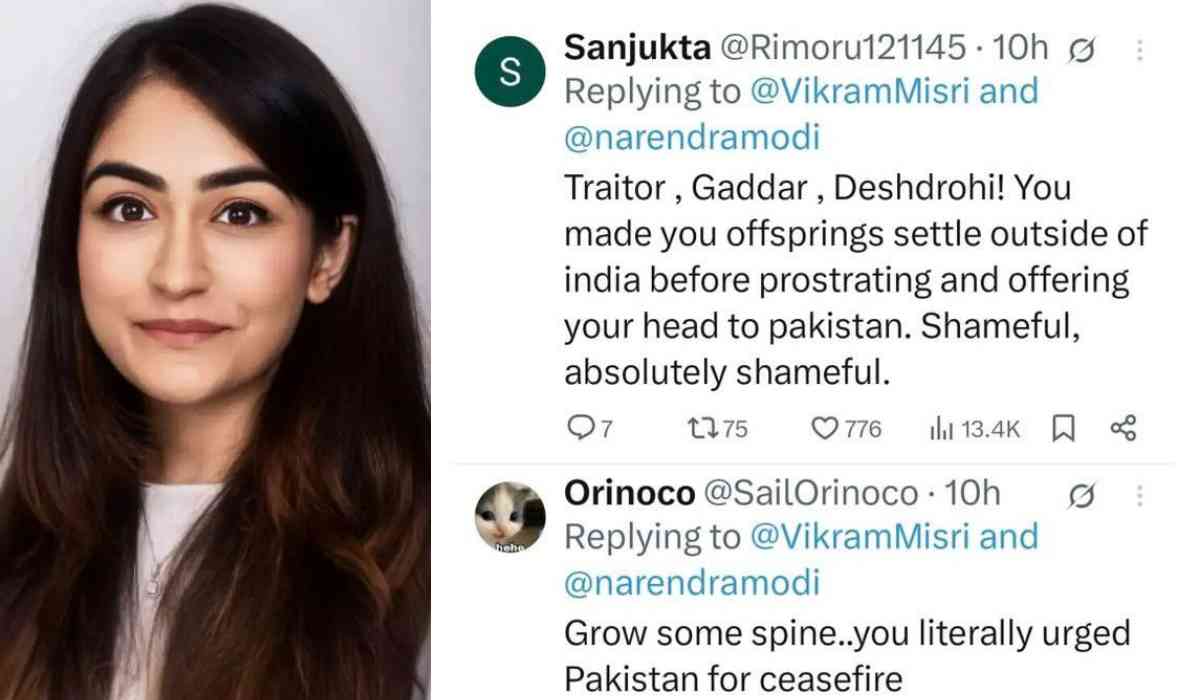In recent days, India has witnessed a troubling episode that has sparked a national conversation about online abuse and digital safety. Foreign Secretary Vikram Misri and his daughter, Didon Misri, became the targets of a coordinated doxxing campaign after the announcement of a ceasefire between India and Pakistan. This incident has not only drawn widespread condemnation but also put a spotlight on the urgent need for stronger digital protection and responsible online behavior.
What Happened?

The controversy began after Foreign Secretary Vikram Misri addressed the media regarding the recent ceasefire agreement with Pakistan. Misri explained that India’s response to cross-border tensions was retaliatory, following a terror attack in Pahalgam, and emphasized that further violations would be met with firm action.
However, some social media users, disappointed by what they perceived as a “soft” stance, unleashed a wave of personal attacks against Misri. The abuse quickly escalated from criticism of his professional decisions to deeply personal attacks targeting his family, especially his daughter Didon Misri, who works at a law firm in London and has provided legal support to Rohingya refugees.
Online trolls shared old posts, revealed personal information, and made derogatory remarks about Didon. Words like “Gaddar” and “Deshdrohi” (meaning “traitor” and “anti-national”) were used, and the attacks became so severe that Misri was forced to make his social media account private.
Public and Political Response
The doxxing and abuse sparked outrage across the political spectrum. Politicians from various parties, diplomats, and professionals voiced strong support for Misri and his family. AIMIM chief Asaduddin Owaisi stated, “Mr Vikram Misri is a decent and honest, hard-working diplomat who works tirelessly for our nation. Our civil servants work under the executive. This must be remembered, and they shouldn’t be blamed for the decisions taken by the executive or any political leadership”.
Many called for respectful discourse and condemned the practice of targeting officials’ families for the actions or policies of the government.
Understanding Doxxing and Online Abuse
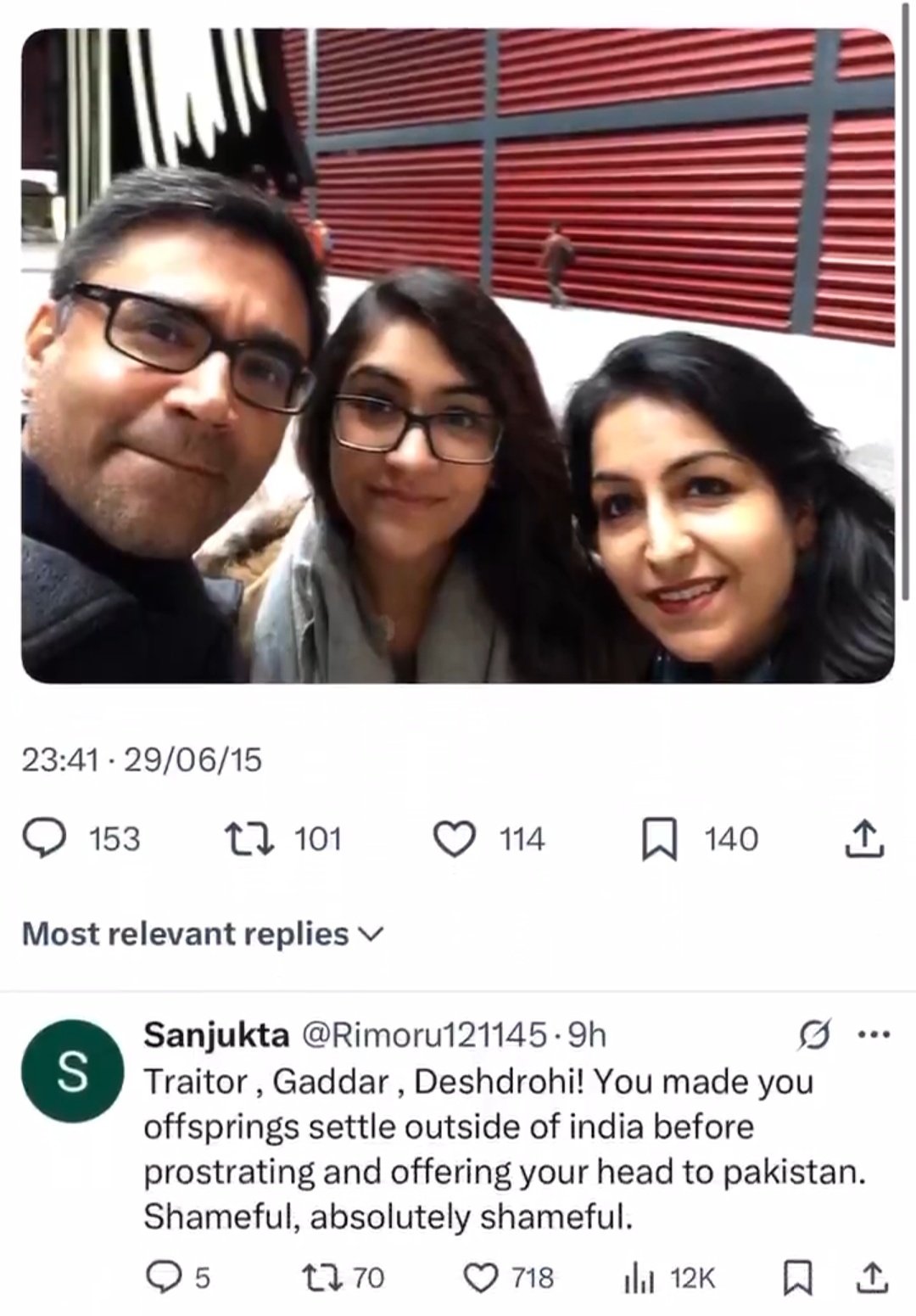
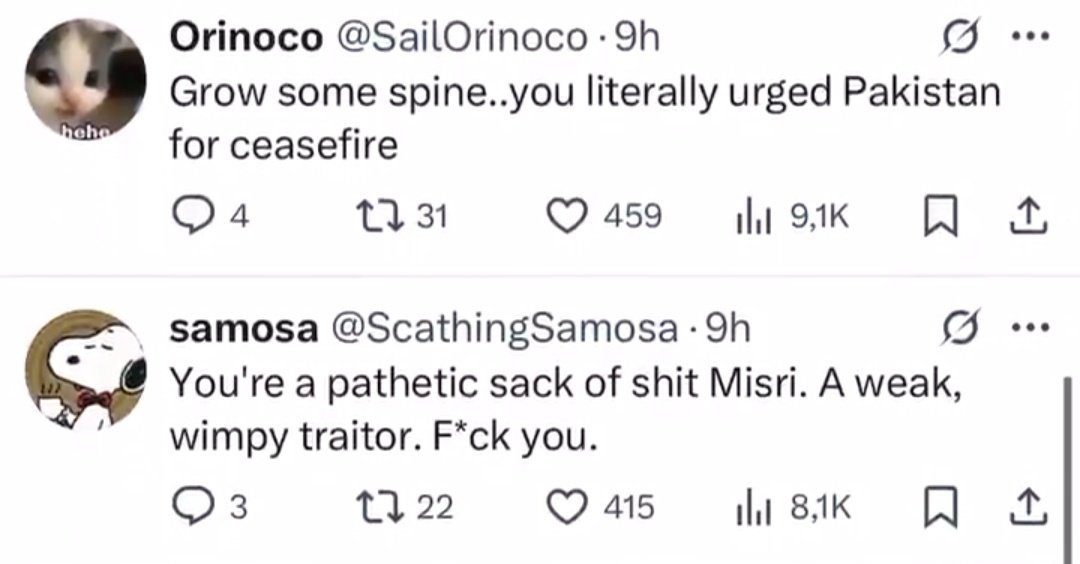
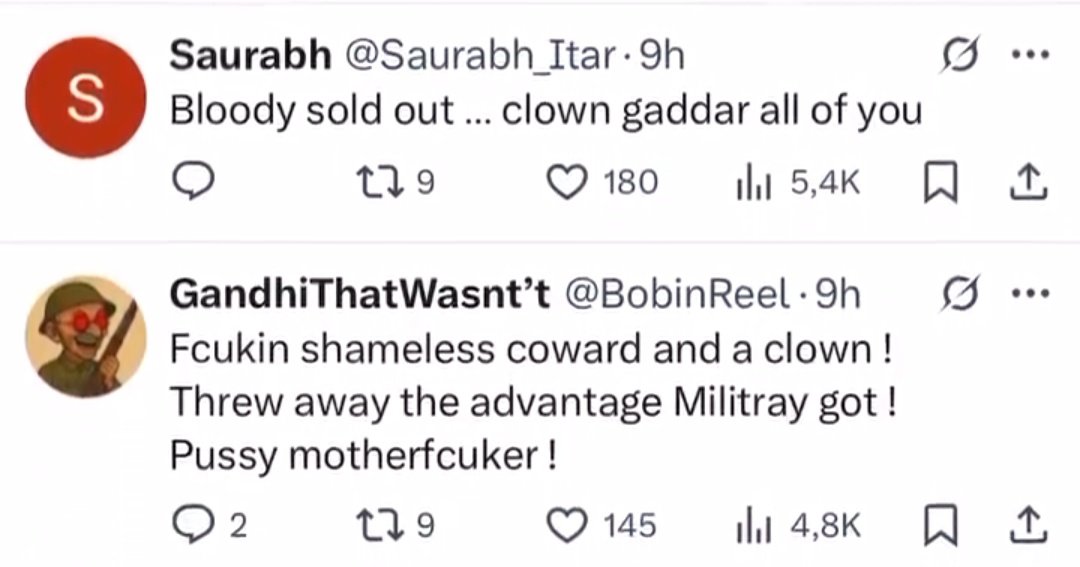
Doxxing is the act of publishing private or personal information about someone on the internet, usually with malicious intent. This can include sharing addresses, phone numbers, or other sensitive details, often to intimidate, harass, or silence the victim.
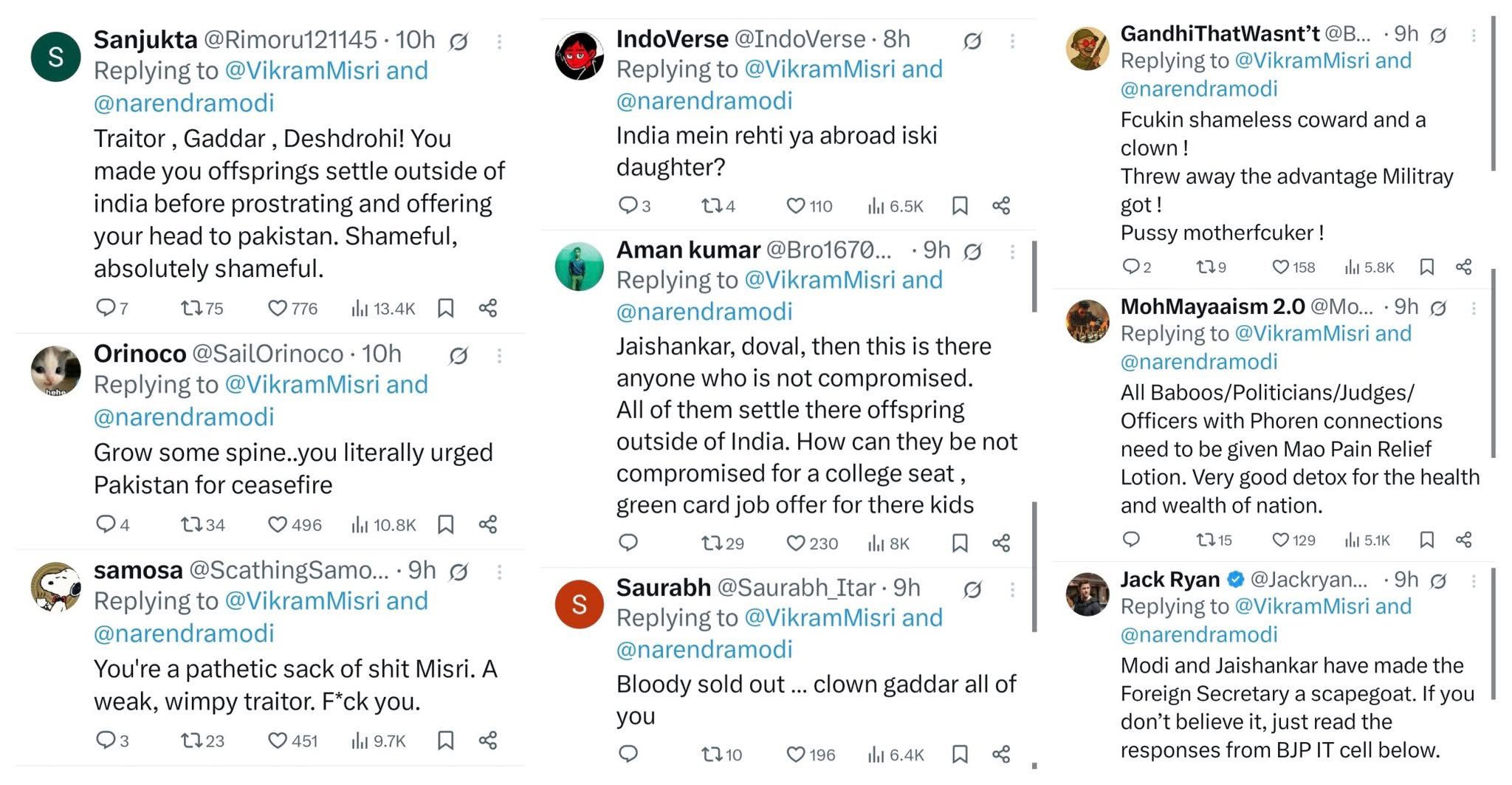
Doxxing is not just a violation of privacy-it can have serious real-world consequences. Victims may experience fear, anxiety, and even threats to their physical safety. In the digital age, public figures and their families are especially vulnerable to such attacks, which can quickly spiral out of control due to the viral nature of social media.
Why Is This a Big Deal?
Incidents like this raise important questions about digital safety, freedom of speech, and the responsibilities of both individuals and platforms online. While criticism of public officials is a part of democracy, targeting their families crosses a line and can have long-lasting emotional and psychological effects.
Moreover, doxxing and online abuse are not limited to politicians. Journalists, activists, and ordinary citizens can also be targeted, often with the goal of silencing dissent or punishing unpopular opinions. Women, in particular, are disproportionately affected by such tactics, which can discourage them from participating in public life or expressing their views online.
The Need for Stronger Digital Safety Measures
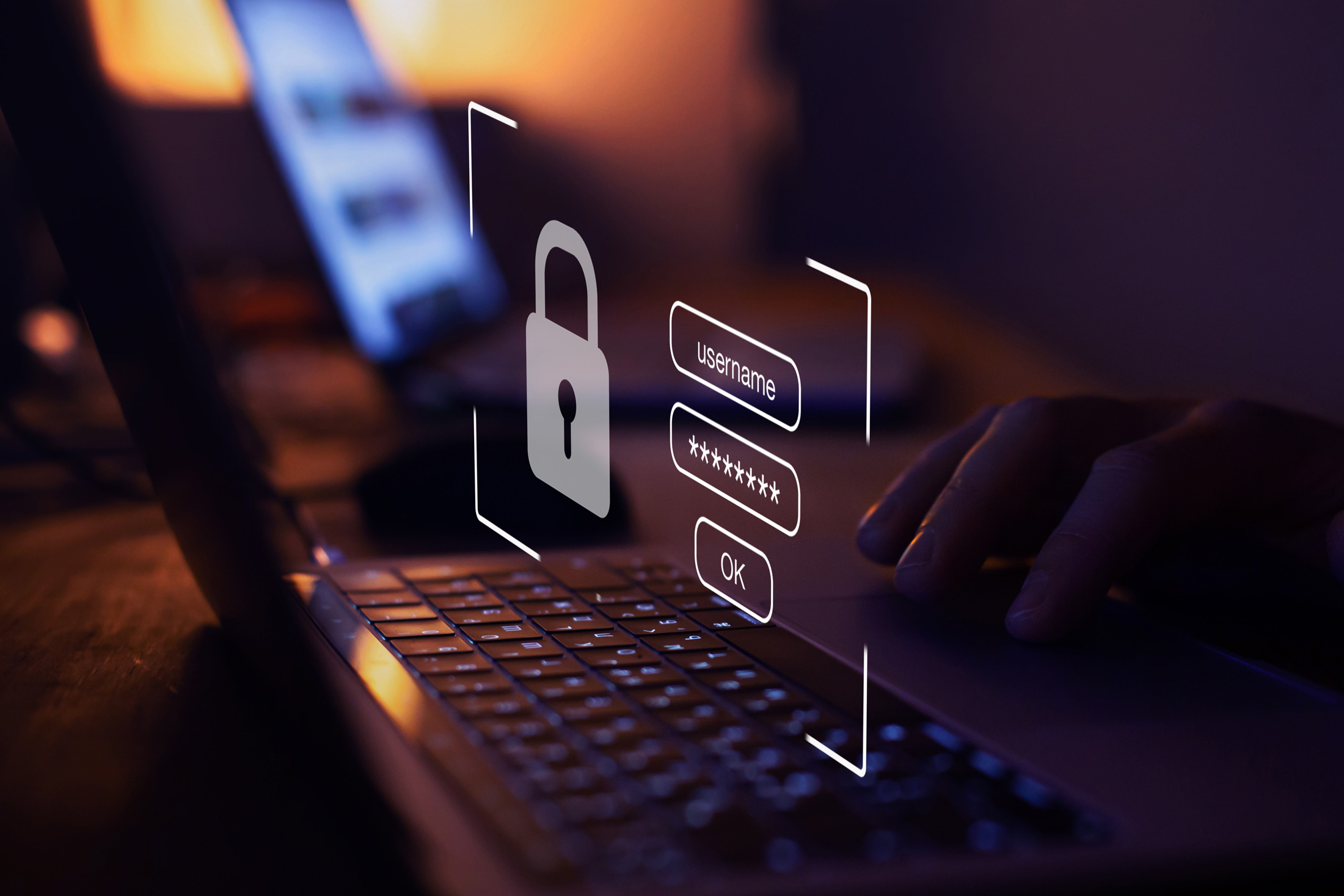
The Indian government has issued guidelines and best practices for cybersecurity, especially for government employees and public officials. These include:
-
Protecting personal information and limiting what is shared online
-
Using strong passwords and enabling two-factor authentication
-
Reporting and responding quickly to cyber incidents
-
Educating employees about digital threats and safe practices
However, experts agree that more needs to be done. Social media platforms must improve their reporting and moderation systems, and there should be clear laws and swift action against those who engage in doxxing and online harassment.
This incident is a reminder of the double-edged nature of digital technology. While social media allows for open discussion and the free exchange of ideas, it can also be misused to spread hate and invade privacy. As a society, we must find a balance between holding public officials accountable and respecting their right to personal safety and dignity.
The outpouring of support for Vikram Misri and his daughter shows that many people reject online abuse and want a safer, more respectful internet. But real change will require collective action-from governments, tech companies, and users alike-to ensure that no one is targeted simply for doing their job or for their family connections.
Final Note

The doxxing of the Foreign Secretary’s daughter has put digital safety in the spotlight. It is a wake-up call for everyone to recognize the dangers of online abuse and to work together for a safer, kinder digital world. Criticism and debate are healthy for democracy, but personal attacks and doxxing have no place in civil society.
With inputs from agencies
Image Source: Multiple agencies
©️ Copyright 2025. All Rights Reserved Powered by Vygr Media.

